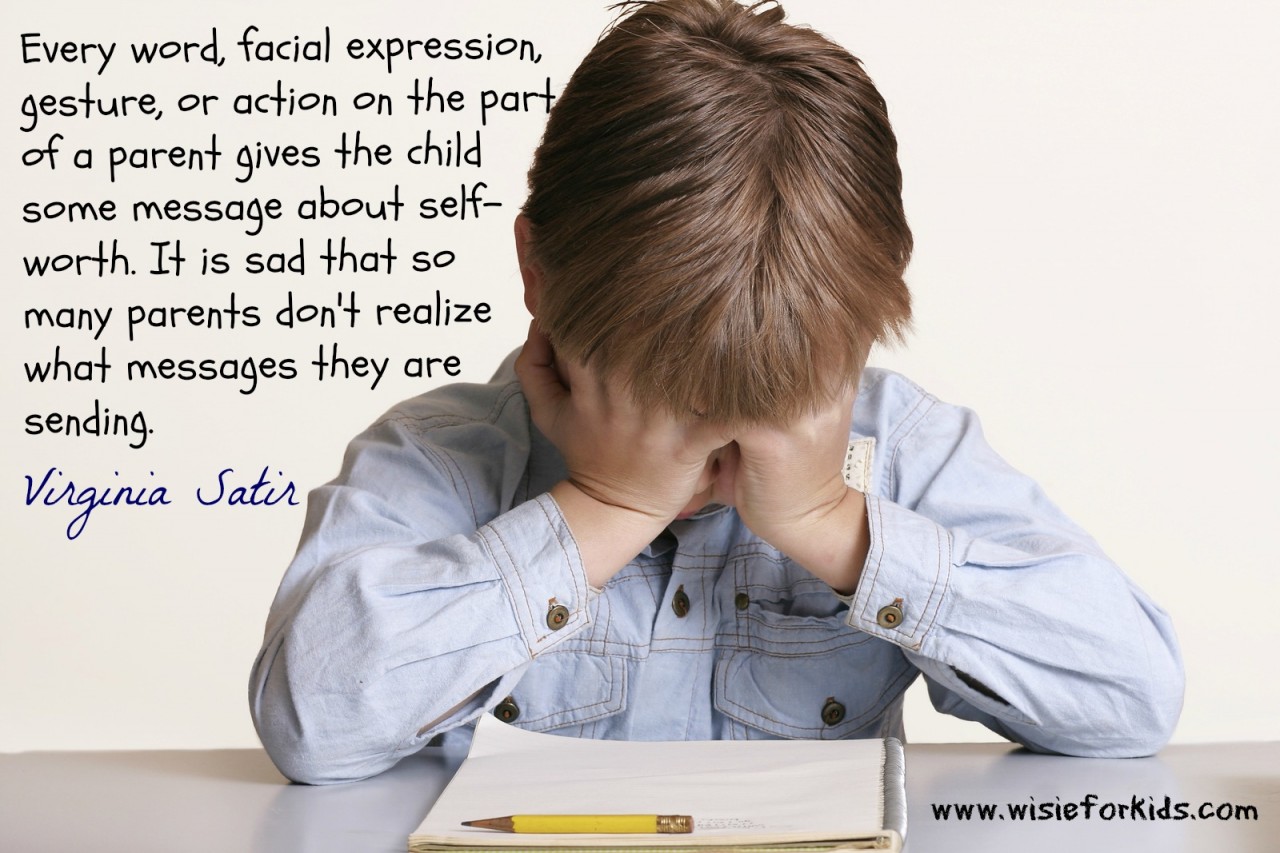How is it possible that poor grades could occur with a student that is highly intelligent? This scenario applies to many prominent people throughout history: Thomas Edison, Albert Einstein, Henry Ford, Alexander Graham Bell, Leonardo DaVinci, Pablo Picasso, Steven Spielberg, Richard Branson, Ted Turner, Charles Schwab, and Whoopi Goldberg, just to name a few. The list goes on and on. All of these people have/had Dyslexia. It is actually very common and occurs in one in five individuals.
While Dyslexia can make it very difficult for a student to succeed in school, it can also be a blessing in disguise. People with Dyslexia tend to be incredibly creative, innovative thinkers, they are able to think outside the box, and are very driven and motivated. Because of these unique traits many people with Dyslexia often become entrepreneurs or are very successful in life. For instance, Richard Branson had so much difficulty in school that he dropped out. He is now a billionaire because of his entrepreneurship. Dyslexic children are so intelligent that they are able to find creative ways to work around their difficulties and are experts at hiding it. Many are able to get through school and even college. They may have to work twice as hard, but they do it. But what about the children that don't?
On the flip side of that scenario, there are children that struggle so much they feel they are stupid and have low self-esteem. Really, most Dyslexic children feel this way, but some manage to succeed regardless. Unfortunately, some do not. Not receiving intervention for Dyslexia can be the difference between going to college or going to jail. It is not surprising that the vast majority of individuals in jail have a literacy problem.
There are several problems that need solutions in order for positive change to occur, they are: Schools need to test for Dyslexia and provide Orton-Gillingham based intervention; Teachers and the general public need to have knowledge and awareness of Dyslexia; Universities need to incorporate education on Dyslexia, into core classes for teaching students; Textbooks and other educational materials used in the classroom need to be more accommodating to the Dyslexic child (especially since there are approximately 5 children in each classroom with Dyslexia).
When a child with Dyslexia looks at their math homework and it consists of 70% word problems it instills fear, anxiety, and a sense of hopelessness in them. They may understand the concepts and know how to do the math, but when it is in this context they are being set up to fail. If a parent does not understand Dyslexia or realize this is what their child has, they think the child is lazy. Then you have a child that has no self-esteem, no confidence, feels they are stupid, and lazy. However, in reality, they are working harder than anyone else in the class, are highly intelligent, and can accomplish anything they set their mind to. They just need a little understanding and help.
I urge you to go to www.dyslexia.yale.edu and learn more about Dyslexia, especially if your child is struggling in school.
Speaking from experience,
Lisa Karen
